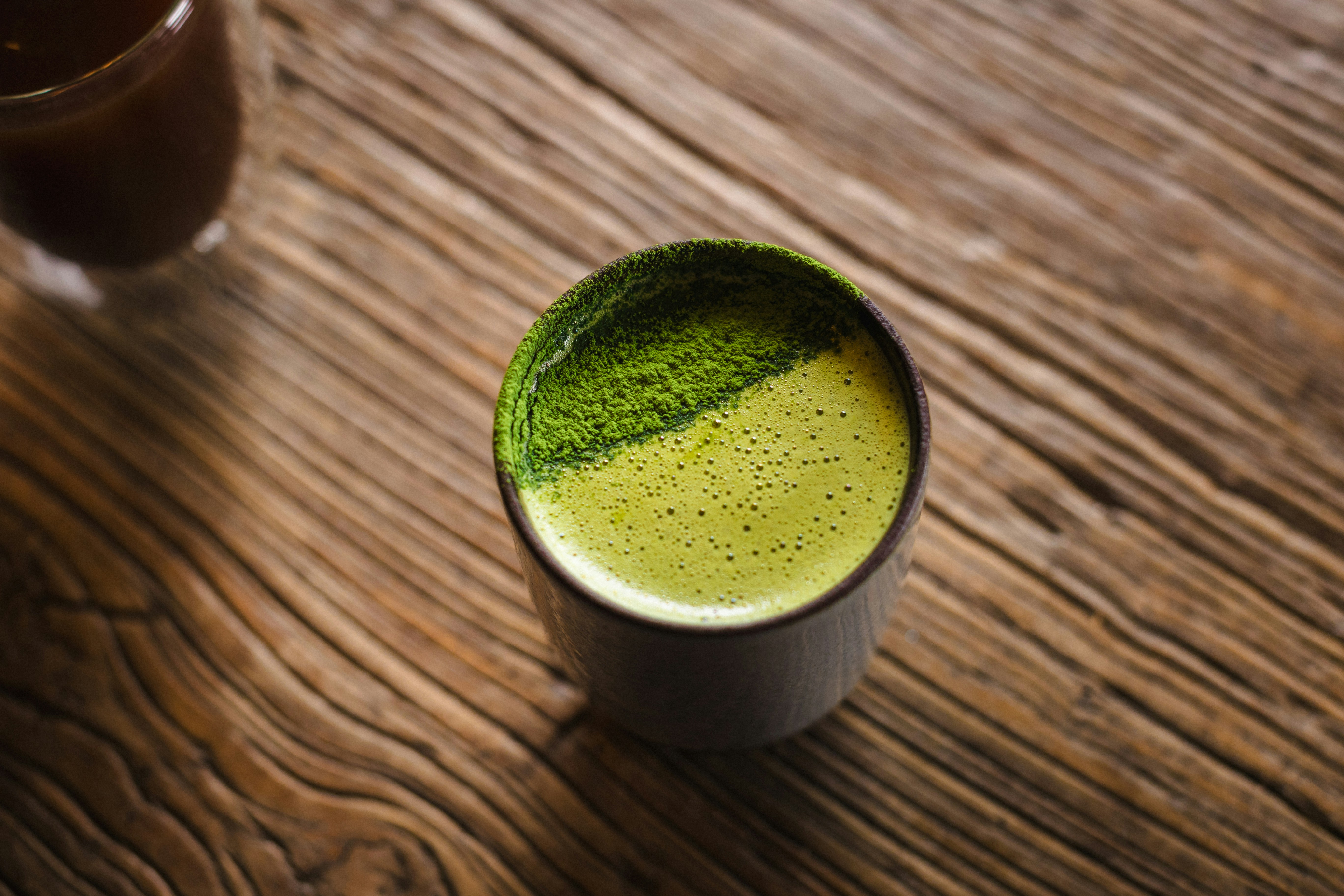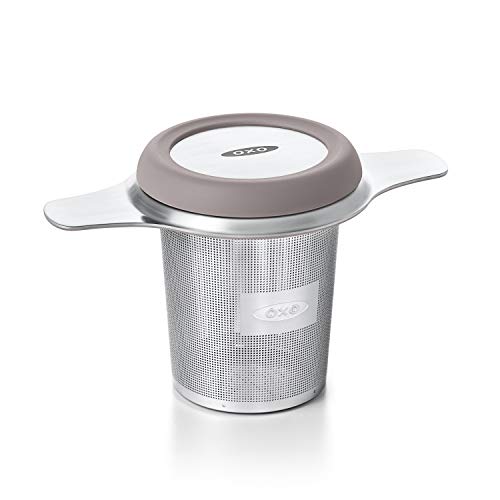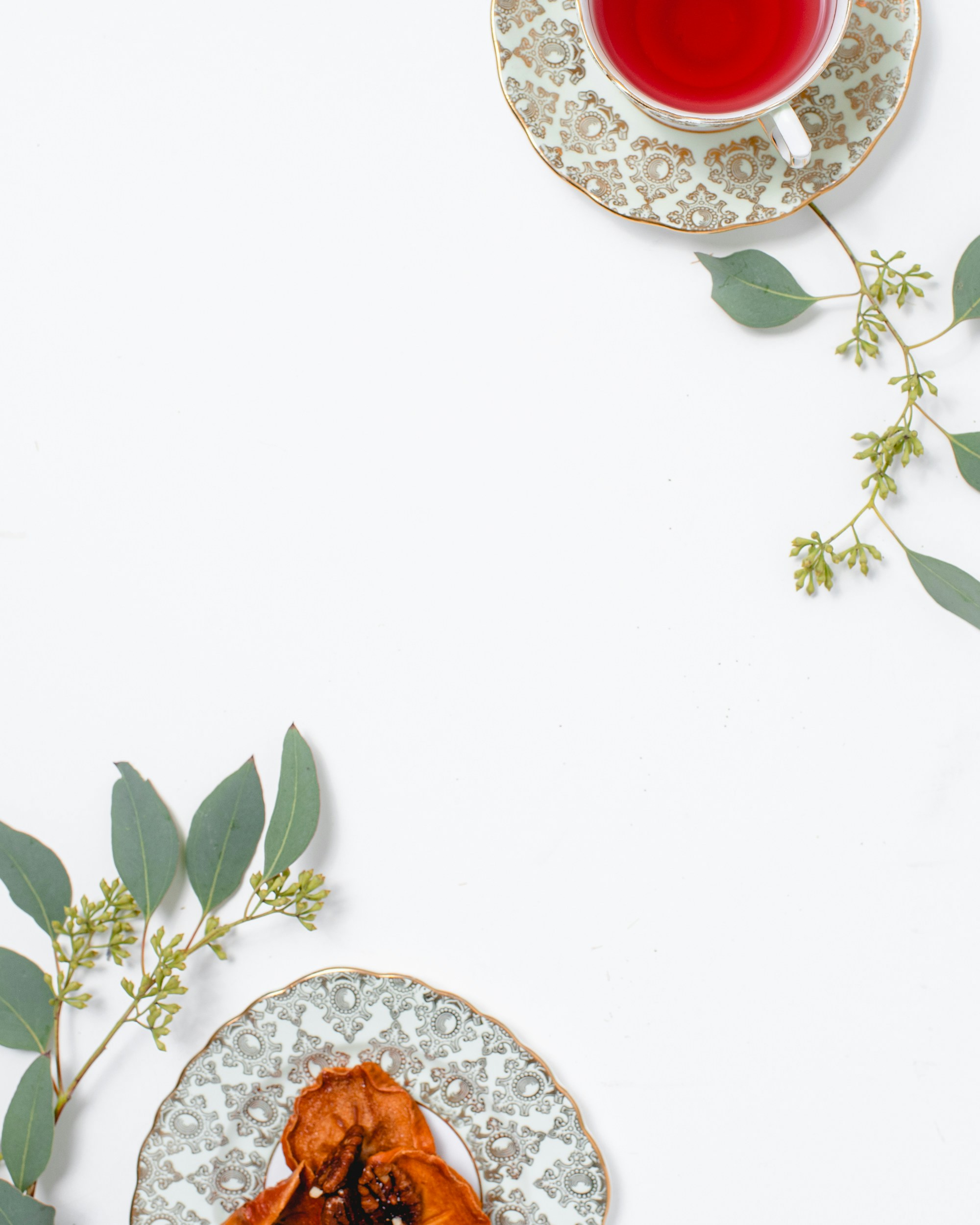Introduction to Matcha and Holistic Health
Matcha, a finely ground powder made from specially grown green tea leaves, has its origins in the Tang Dynasty of China but gained prominence in Japan during the 12th century. It has been an integral part of Japanese culture, especially within the tea ceremony, which embodies principles of mindfulness and tranquility. The cultivation of matcha involves shading the tea plants prior to harvest, which increases the concentration of nutrients and antioxidants, making matcha rich in catechins and L-theanine. This unique processing method results in not just a beverage, but a sustainable health supplement appreciated for its numerous benefits.
Holistic health is an approach that emphasizes the interconnectedness of the body, mind, and spirit. Unlike conventional medical models that often focus solely on physical symptoms, holistic health seeks to cultivate overall well-being by addressing emotional, psychological, and spiritual aspects of life. This paradigm recognizes that a balance among these dimensions can lead to improved health outcomes and a more fulfilling life. In this context, matcha appears as a versatile component of a holistic health regimen.
Incorporating matcha into one’s daily routine can enhance physical vitality, mental clarity, and emotional stability. The calming yet alert state induced by matcha’s L-theanine content promotes a state of relaxed awareness, supporting meditation and mindfulness practices. Furthermore, its antioxidant properties have been linked to various health benefits, including reducing inflammation and promoting heart health. Thus, as an ancient drink steeped in tradition, matcha stands as a contemporary symbol of holistic health principles, fostering a harmonious connection between the body, mind, and spirit.
Nutritional Profile of Matcha
Matcha, a finely powdered form of green tea, has garnered significant attention in recent years due to its impressive nutritional profile. Rich in a variety of essential nutrients, matcha stands out among other teas primarily due to its high concentration of antioxidants, particularly catechins. Among these, epigallocatechin gallate (EGCG) is the most prominent, known for its potential to combat oxidative stress and reduce inflammation. Numerous studies have demonstrated that EGCG may play a critical role in preventing chronic diseases, further solidifying matcha’s status as a superfood.
In addition to antioxidants, matcha is also packed with vitamins and minerals that contribute to overall health. It contains notable levels of Vitamin C, which supports the immune system and aids in collagen production, essential for skin health. Furthermore, matcha is a source of B vitamins, particularly B6 and riboflavin, contributing to energy metabolism and cognitive health. As for minerals, matcha provides potassium, magnesium, and iron, which are vital for heart health, muscle function, and oxygen transport in the body.
Moreover, matcha features a unique amino acid called L-theanine, which has calming properties that may counterbalance the stimulating effects of caffeine present in the tea. This synergy can enhance focus and attention while promoting a state of relaxation, making matcha an excellent choice for those seeking mental clarity and calmness. The combination of these nutrients presents matcha as a holistic health resource, emphasizing its role not only in traditional beverage consumption but also as a valuable addition to a wellness-oriented lifestyle. Further research continues to unveil the wide-ranging health benefits of matcha, establishing it as a worthy choice for individuals seeking to improve their nutritional intake and overall well-being.
Health Benefits of Matcha
Matcha, a finely ground powder made from specially cultivated green tea leaves, is lauded for its multitude of health benefits. One of the most significant advantages of consuming matcha is its ability to enhance metabolism. Rich in catechins, particularly EGCG (epigallocatechin gallate), matcha boosts thermogenesis, the process by which your body burns calories. This leads many individuals to incorporate matcha into their daily regimen as a natural weight management aid. For instance, one user noticed a marked increase in energy levels while enjoying matcha before workouts, claiming it helped her exercise longer and with more focus.
Moreover, matcha is recognized for its cognitive enhancing properties. The combination of caffeine and L-theanine in matcha creates a unique effect that promotes improved mental clarity without the jitters associated with standard coffee. Many matcha drinkers report experiencing more sustained energy levels and heightened concentration. A university student shared that sipping matcha during study sessions allowed him to focus better for longer durations, significantly impacting his academic performance. The mental tranquility induced by matcha, stemming from its calming amino acids, further complements this cognitive enhancement.
Stress reduction is another compelling benefit linked to matcha consumption. The presence of L-theanine not only promotes relaxation but also helps keep anxiety at bay. A professional working in a high-stress environment recounted how incorporating matcha into her daily routine provided a moment of calm amidst chaos, enabling her to approach her tasks with a clearer mind. The ritual of preparing and enjoying matcha, paired with its health benefits, has become not just a dietary choice for many but a holistic practice in managing mental wellbeing.
Matcha and Mindfulness Practices
In the realm of holistic health, the integration of matcha into mindfulness practices has gained significant attention. Matcha, a finely ground powder derived from shade-grown green tea leaves, is not only revered for its rich flavor and health benefits but also for the ritualistic experience it provides. Preparing and consuming matcha can transcend mere consumption; it can become a meditative practice, fostering intentional living.
The process of preparing matcha is inherently mindful. It begins with the selection of high-quality matcha, which serves as the foundation for the ritual. The act of sifting the powder is a deliberate step that allows one to engage with the powder’s texture and appearance, heightening sensory awareness. Following this, the ritual involves whisking the matcha with hot water, which requires patience and attention. This activity encourages a deep connection to the present moment, as individuals focus on the rhythm of their movements and the transformation of the powder into a frothy beverage.
When consumed, matcha invites a moment of pause, fostering an appreciation for both the drink and the pause it inspires. Sipping the vibrant green beverage allows individuals to cultivate a sense of calm and grounding, which aligns well with mindfulness practices. The unique combination of caffeine and L-theanine in matcha promotes a state of relaxed alertness, making it an excellent companion for meditation sessions. By integrating matcha into one’s mindfulness routine, practitioners can enhance their meditation experience, facilitating a deeper connection not only to themselves but also to the world around them.
Ultimately, the ritual surrounding matcha reinforces the principles of mindfulness—encouraging individuals to savor each moment, cultivate gratitude, and deepen their connection to the practice of living intentionally.
Cultural Rituals Involving Matcha
Matcha, a finely ground powder made from specially grown and processed green tea leaves, has been revered in Japanese culture for centuries. Central to this reverence is the traditional Japanese tea ceremony, known as “Chanoyu,” which embodies the profound spiritual and aesthetic principles that govern this art form. The ceremony is a meticulous and meditative ritual that not only highlights the preparation and serving of matcha but also emphasizes harmony, respect, purity, and tranquility—core tenets of the Japanese way of life.
During these ceremonies, participants engage in a series of carefully orchestrated actions that promote mindfulness and presence. Each movement, from whisking the matcha to the graceful serving of the tea, is mindful and deliberate, providing practitioners a chance to disconnect from the distractions of daily life and reconnect with the moment. Through this process, tea becomes a medium for connection—both with oneself and with others, as guests share in the experience of enjoying matcha together.
Many individuals recount personal stories of participating in these matcha ceremonies and the lasting impact it had on their well-being. For example, one participant noted how the serene atmosphere cultivated by the soft sounds of the tea utensils and the visual aesthetics of the tea ware fostered an unparalleled sense of calm and community. Furthermore, engaging in such rituals reinforces a collective appreciation for nature, as matcha is deeply tied to the agricultural practices and seasonal variations in Japanese gardens.
In addition to the ceremonial significance, these gatherings also serve as social events, where individuals connect and communicate, thus fostering relationships and building a sense of community. By incorporating matcha into their lives through these rituals, individuals not only embrace a rich cultural tradition but also cultivate a deeper awareness of their own mental and emotional states.
The Spiritual Applications of Matcha
Matcha, a finely ground powder of specially grown green tea leaves, has transcended its culinary uses to become a significant element in various spiritual practices around the world. Traditionally associated with Japanese tea ceremonies, matcha serves not only as a beverage but also as a medium for mindfulness and meditation. This rich, vibrant green powder embodies a deeper significance, encouraging individuals to cultivate intention and presence throughout their spiritual journeys.
In many cultures, the preparation and consumption of matcha are steeped in ritual. These practices are designed to foster a connection between the individual and the present moment. The act of whisking matcha into a frothy drink, for instance, can become a meditative experience. Enthusiasts often use this time to set intentions, focusing on their spiritual aspirations or personal growth. This ritualistic engagement reinforces the connection to self and promotes mindfulness—a core component in holistic health.
Furthermore, matcha is often incorporated into various spiritual ceremonies, including yoga and healing sessions. Its vibrant color and rich properties are believed to aid in grounding and energizing the spirit. By drinking matcha before meditation or yoga, individuals report heightened awareness and clarity, which enhance their spiritual practices. This beverage not only provides a physical boost through its caffeine content but also contributes to mental clarity, allowing practitioners to connect more deeply with their inner selves.
As individuals embark on their spiritual journeys, incorporating matcha can serve as a gentle reminder to pause, reflect, and enhance their practice. By exploring its multifaceted role in spirituality, many find new ways to approach their goals and aspirations. Whether it is through mindful consumption or a preparation ritual, matcha can act as a vehicle to elevate one’s spiritual experience, further enriching the landscape of holistic health.
Choosing Quality Matcha
When exploring the multifaceted world of matcha, understanding how to select high-quality matcha is essential for maximizing its health benefits and overall enjoyment. The quality of matcha can significantly affect its flavor, color, and nutritional content, making it crucial for consumers to be discerning when making a purchase.
High-quality matcha is characterized by its vibrant green color, which signifies the presence of chlorophyll and indicates that the tea plants were shaded prior to harvest. This shading process is vital as it enhances the amino acids in the leaves, contributing to a sweeter and more complex flavor profile. In contrast, lower-grade matcha often displays a dull or yellowish hue, reflecting poorer quality leaves. Therefore, when selecting matcha, it is advisable to opt for products that boast a rich green color, as this serves as a basic indicator of its quality.
Another essential factor to consider is the grade of the matcha. Ceremonial grade matcha, often labeled as premium, is intended for traditional tea preparation and boasts the highest quality in terms of taste and texture. Culinary grade matcha, on the other hand, is more suitable for baking and cooking, reflecting a slightly lower quality but still usable in various recipes. Reading descriptions and labels closely can help in discerning these grades.
A common misconception surrounds the sourcing of matcha; many assume that origin is irrelevant. However, matcha from regions like Uji in Japan is renowned for its quality due to the specific cultivation techniques employed there. It’s also critical to check for freshness, as matcha is best consumed within a year of production. Finally, purchasing matcha in vacuum-sealed packages can preserve its freshness for a longer duration, ensuring an optimal experience with every serving.
Incorporating Matcha Into Daily Life
Integrating matcha into one’s daily routine can be both enjoyable and beneficial for overall health. This vibrant green powder, known for its rich antioxidant properties, can seamlessly blend into various meals and beverages. One of the most common ways to consume matcha is through a traditional matcha tea preparation. Simply whisk a teaspoon of matcha powder with hot water until frothy, and enjoy it as a refreshing morning drink or afternoon refreshment. This practice not only boosts energy but can also enhance focus and clarity due to the presence of L-theanine.
In addition to its classic preparation, matcha can serve as a versatile ingredient in cooking. For instance, it can be incorporated into smoothies for an extra nutrient punch; simply add a teaspoon of matcha to your favorite fruit blend, or mix it in with yogurt and granola for a wholesome breakfast. Baked goods also offer an excellent opportunity to introduce matcha into everyday life. Recipes for matcha cookies or cakes can add a unique flavor while providing health benefits without compromising taste.
Furthermore, matcha can be featured in savory dishes. For instance, adding matcha to homemade salad dressings or marinades can elevate the nutritional profile and introduce a distinct flavor. Creative culinary experimentation can also lead to matcha-infused ice creams or energy bites that are both delicious and healthy. Testimonials from individuals who have embraced matcha reveal its positive impact on energy levels and overall well-being, making it a desirable addition to modern diets. As it becomes more accessible, matcha continues to prove its influence in enhancing holistic health through diverse applications in daily routines.
Conclusion and Call to Action
In summary, matcha emerges as a powerful ally in the realm of modern holistic health, offering various benefits that enhance both physical and mental well-being. Due to its rich nutritional profile, including a high concentration of antioxidants, vitamins, and minerals, matcha not only promotes a sustained energy boost but also aids in mental clarity and focus. The unique combination of L-theanine and caffeine in matcha contributes to its calming yet invigorating effects, making it ideal for individuals seeking balance in their hectic lives.
Embracing matcha as part of a daily routine can lead to a revived sense of vitality, thus aiding individuals in their journey towards optimal health. The act of preparing and consuming matcha can also serve as a mindfulness practice, allowing individuals to reconnect with themselves, and fostering a greater appreciation for the ritual of mindful eating. Furthermore, by incorporating matcha in social settings, people may cultivate deeper connections with others, sharing the experience of its rich flavor and remarkable health benefits.
As we navigate today’s fast-paced world, it becomes essential to prioritize our health and wellness. By choosing to integrate matcha into our daily lifestyle, we can embark on a path of personal growth and revitalization. Whether enjoyed as a traditional tea, in smoothies, or as a culinary ingredient, matcha’s versatility provides endless opportunities for exploration. It invites individuals to not only enhance their health but also encourages a deeper connection to nature and well-being.
Thus, we encourage you to explore the world of matcha within your own life. Experiment with its various forms, savor its distinctive taste, and witness the transformative effects it can have on your health and well-being. Make matcha a part of your holistic health journey today and share your experiences with others to promote a collective sense of wellness.



















Leave a Reply